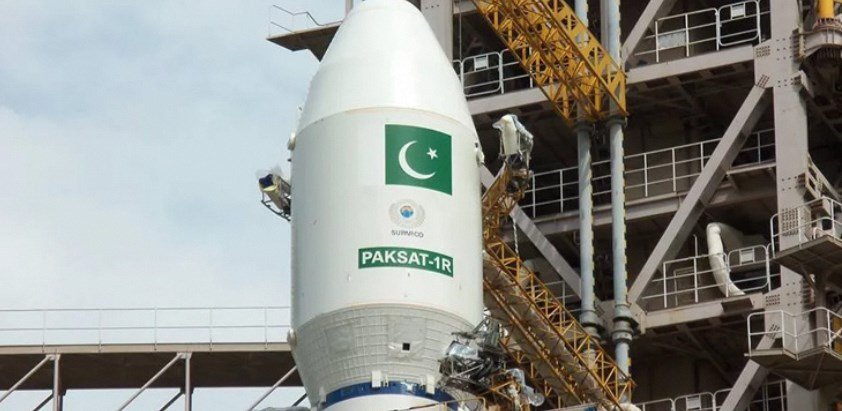The Pakistan Space and Upper Atmosphere Research Commission (SUPARCO) has announced an ambitious collaboration with China for a groundbreaking lunar exploration mission, marking a significant achievement for Pakistan in the field of space science. Set for 2028, the mission involves SUPARCO contributing a 35-kilogram lunar rover, specifically designed to function in the challenging environment of the Moon’s south pole. This rover will conduct comprehensive studies of lunar soil and terrain, helping advance scientific understanding and opening new research opportunities for Pakistani scientists
The partnership is a major step forward for SUPARCO, building on its earlier success with iCube-Q, Pakistan’s first CubeSat that was launched on a Chinese Long March rocket in early 2024. Currently orbiting the Moon, iCube-Q is providing valuable data and images to SUPARCO for ongoing analysis. The 2028 rover mission reflects Pakistan’s aspirations to establish itself as a contributor to space exploration and scientific advancement in Asia.
SUPARCO’s collaboration with China on this mission underscores a larger trend of increasing cooperation between the two nations in technological fields, including aerospace and scientific research. This mission also marks a step toward realizing Pakistan’s broader goal of technological self-sufficiency in areas traditionally dominated by spacefaring countries. Pakistani officials have lauded the project as a national milestone and hope that this collaboration with China will inspire further space initiatives and investment in domestic technology development
